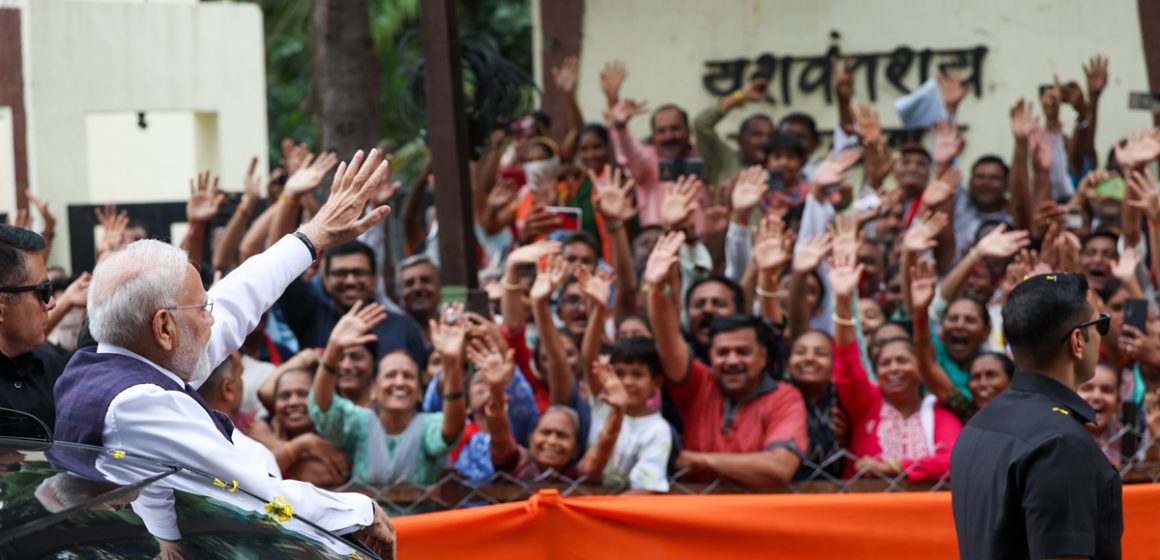Speaking at Bhavnagar, Prime Minister Narendra Modi laid the foundation stone for the world’s first compressed natural gas (CNG) terminal and a brownfield port, launching ₹60 billion worth of projects to boost India’s coastal economy, logistics capacity, and global trade integration.
Prime Minister Narendra Modi has said that India’s coastline will become the gateway to national prosperity, as he inaugurated a series of transformative maritime and infrastructure projects in Gujarat during his recent visit to the western state.
“Our coastline is not just a geographical boundary; it is a gateway to India’s prosperity,” said Modi. “For decades after independence, coastal development was neglected. But today, we are reversing that trend with modern ports, clean energy corridors, and a robust maritime vision that will shape India’s future.”
Speaking at Bhavnagar, Modi laid the foundation stone for the world’s first compressed natural gas (CNG) terminal and a brownfield port, alongside projects worth ₹60 billion aimed at strengthening India’s coastal economy, logistics capacity, and global trade integration.
The Bhavnagar CNG terminal, a first-of-its-kind globally, is expected to revolutionise coastal logistics by enabling cleaner fuel transport and reducing dependence on conventional energy sources. The brownfield port will expand cargo handling capacity and support the growing demand for maritime trade, particularly in the western corridor.
Modi emphasised that Gujarat’s coastline is playing a pivotal role in India’s emergence as a global manufacturing and export hub. “Gujarat is becoming the gateway of India’s import-export economy. Our ports are not only handling cargo; they are creating jobs, powering industries, and connecting India to the world,” he said.
The projects launched are part of a broader national strategy under the PM Gati Shakti programme and Maritime India Vision 2030, which aim to integrate port-led development with multimodal logistics, renewable energy, and sustainable infrastructure.
All Round Growth
The Prime Minister noted that the initiatives will generate thousands of employment opportunities and catalyse growth in sectors such as hydrogen, solar energy, and coastal tourism.
“India is moving forward with a clear roadmap for maritime development. We are building smart ports, investing in green fuels, and creating a seamless logistics network that will support our $5 trillion economy vision,” he added.
Modi also highlighted the importance of environmental sustainability and innovation in maritime infrastructure. He said that the new projects will incorporate advanced technologies for emissions control, digital cargo tracking, and coastal resilience, aligning India’s maritime practices with global benchmarks.
In addition to the port and energy infrastructure, Modi inaugurated several road and rail connectivity projects designed to improve access to coastal regions and industrial clusters. These include upgrades to national highways, dedicated freight corridors, and multimodal transport hubs that will reduce transit times and improve supply chain efficiency.
“The future of India’s economy lies in its ability to connect; connect regions, connect industries, and connect people. Our coastline is the bridge between tradition and technology, between local enterprise and global opportunity,” Modi said.
Modi also visited Lothal to review progress on the under-construction National Maritime Heritage Complex, set to become the world’s largest maritime museum upon completion.


